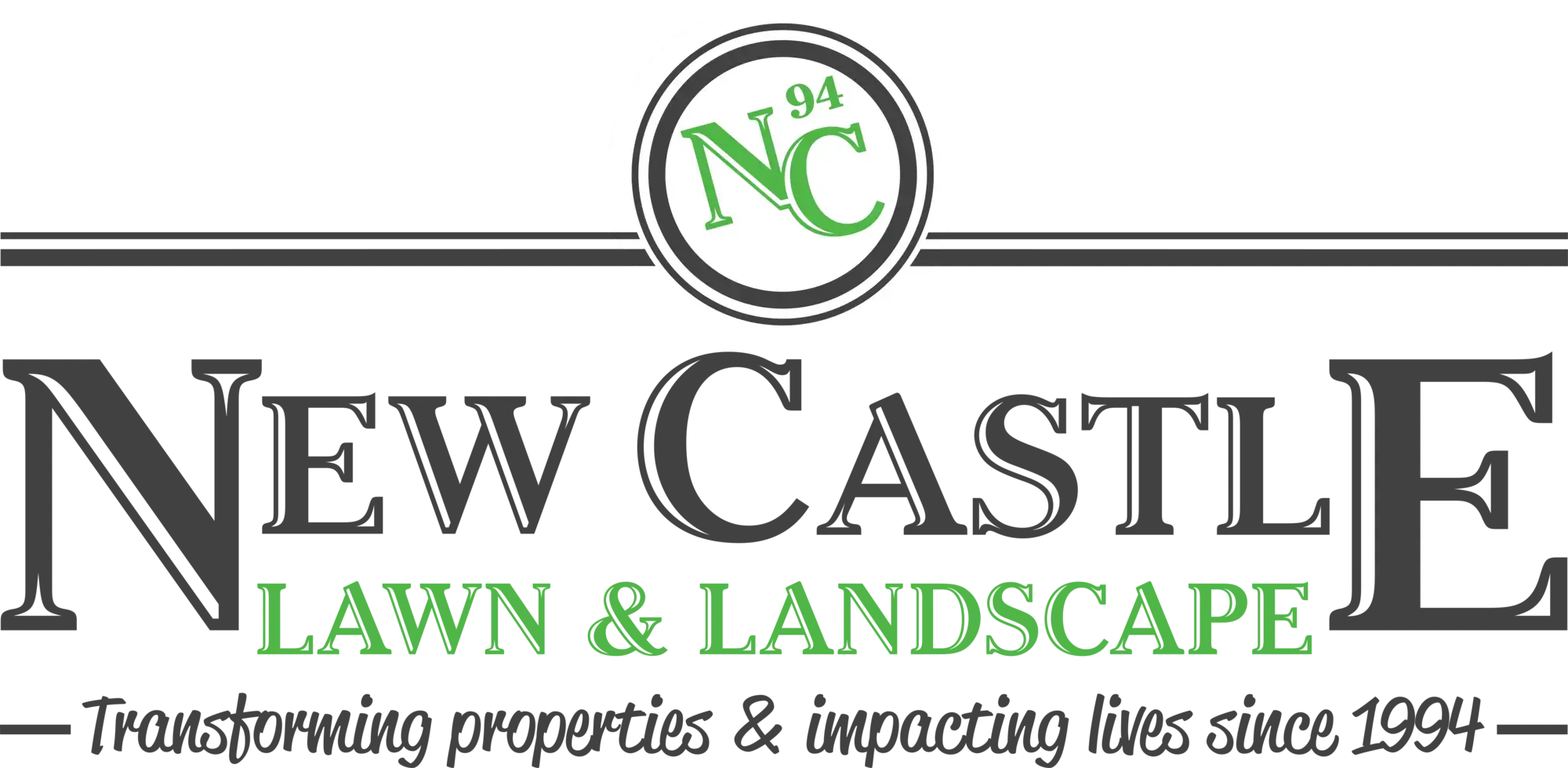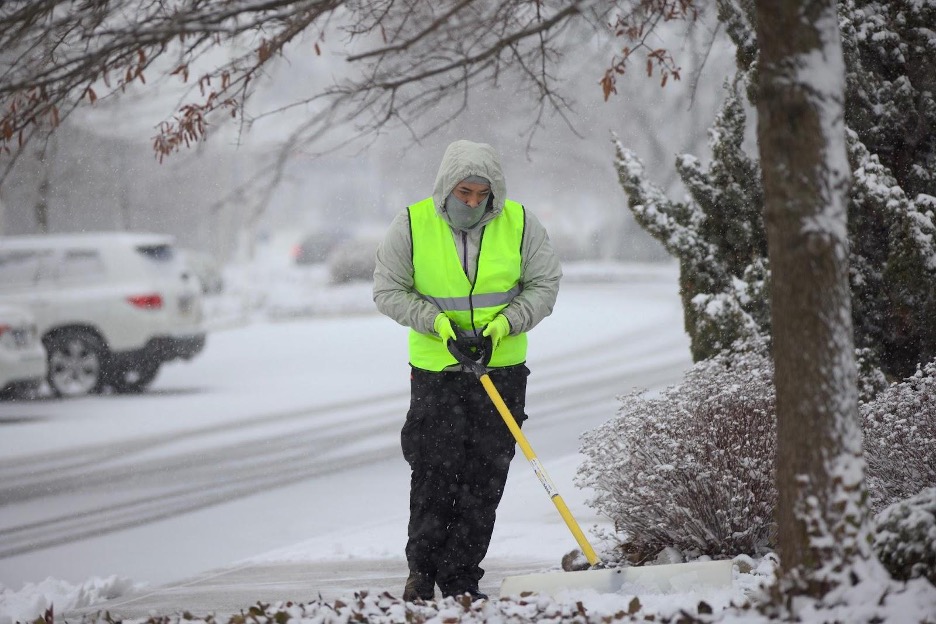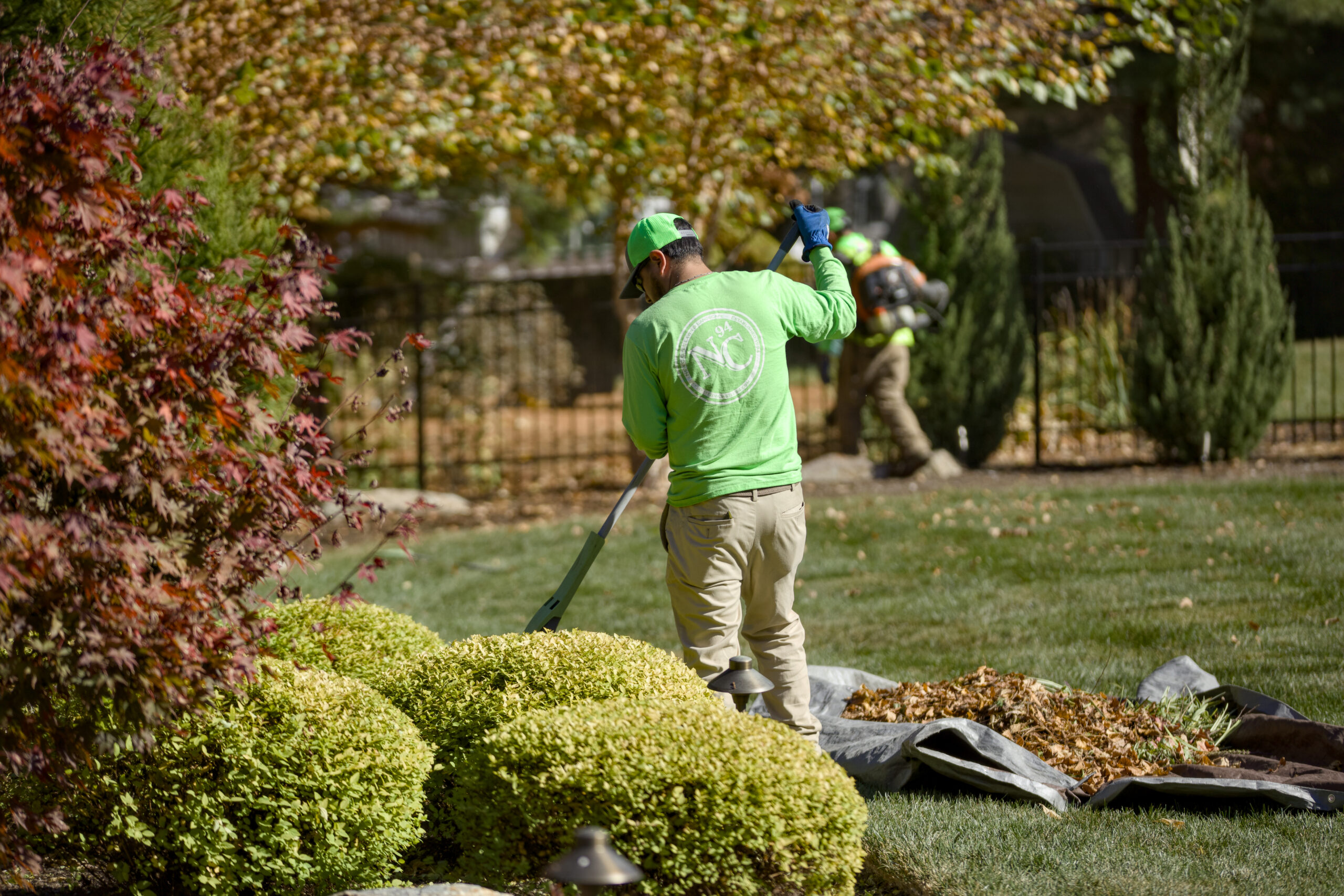The alteration of our living spaces through the use of interesting trees, shrubs and flowers is a concept that has been around for a long time. Human imagination and engineering when it comes to elaborate gardens and water features is memorialized throughout history. Ancient Chinese, Ancient Japanese, Ancient Egyptian and Roman civilizations have all had their unique influences in modern landscape. Independent written texts and pictorial sculptures provide accounts of the use of a wide variety of trees, shrubs and vines complemented with irrigation as early as 700 BC in the Hanging Gardens of Babylon. Although somewhat entangled with gardening, landscaping was generally reserved for the wealthy or royalty. The advent of suburban neighborhoods in the 1950’s provided the first opportunity for homeowners with manageable sized properties to enrich their outdoor living spaces.
Apart from the pleasing visuals and the relaxation it provides, a thoughtfully designed landscape also offers other various significant enhancements to your property.
Home Value
A meticulously maintained and visually appealing landscape conveys a sense of order and attentiveness towards your property. When the exterior is well-kept, it often indicates that the same level of care is extended to the interior. This is one of the reasons why the perceived worth of a landscape, especially existing and healthy, can contribute 15-20% of a homes’ overall value.
Energy Cost Savings
Strategically planted shade trees has the ability to reduce the air conditioned costs of an unshaded house from 15-50%. Conversely, the same trees can serve as a barrier between harsh winter weather.
Privacy and Noise Reduction
Utilizing a variety of trees and shrubs with diverse heights, textures, growth habits, flowering times and leaf color change attributes offer limitless possibilities for creating privacy or sound screening. Moreover, incorporating fragrant shrubs not only enhances the air quality but also adds a pleasing aroma to your living environments.
Pollinator Reservation
Ensuring the existence and protection of habitats for pollinators is crucial for the survival of humanity. If we were to lose our pollinators, approximately 80-90% of all plants and one-third of our food crops would disappear. The most effective action we can take to support our pollinator friends is to plant nectar-rich sources, plants that cover a period of April – November. Most pollinators with the help of lady bugs, praying mantis and other beneficial insects provide a natural control for plant pests such as aphids, lace bug and spider mites.
Runoff and Storm Water Mitigation
Functional shallow basins disguised as beautifully planted flower beds serve as a collection area for pooling rainwater or runoff from steeper areas. These rain gardens are usually planted with wet tolerant, sometimes native plants.
How To Care For My Landscape
Maybe you have an existing landscape that’s aging or a recently installed landscape that underwhelms. Both of these scenarios are the same in regard to being a complex system of plants, animals, microorganisms and environmental realities attempting to co-exist and without imbalances. Once imbalances manifest themselves, the stressor mimics in appearance, signs and symptoms that can be easily missed or mistaken for something else (disease, drought and insect damage sometimes appear to look the same at first inspection). If you’ve ever had a live Christmas tree, you know that once tossed in the backyard after Christmas, it still holds it needles for an inordinate amount of time . . . without a root ball! It’s reasonable to say the stressor and its signs and symptoms were there, but just missed until too late. The things that are overlooked or misdiagnosed by a homeowner are the baseline daily responsibilities of a Plant Health Care Technician. Knowledge, experience and up to date industry related training replaces vague Google searches, guessing and misapplications of pesticides to trees and shrubs on your property once you hire a professional. No more confusing labels with mix rates of pesticides that may or may not even cure the problem.
New Castle Lawn & Landscape has a team of highly skilled Plant Health Care Technicians who are ready to help! If you have concerns about the vitality of your landscaping and the overall health of your plants connect with us today by calling 610-796-7818 or for more information visit our Plant Health Care Section .





